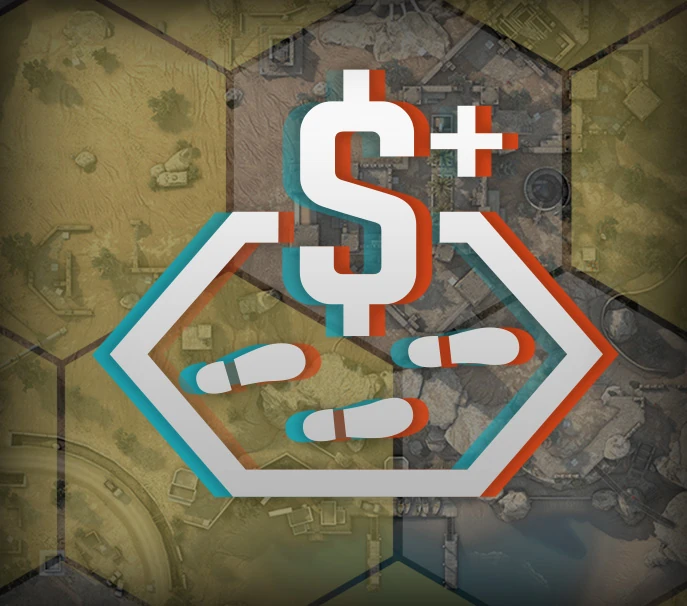BTOB Insights
Exploring the latest trends and news in business and technology.
When Friendly Fire Becomes Unfriendly: The Hidden Costs of Teamkills in CSGO
Discover the shocking consequences of teamkills in CSGO. Uncover the hidden costs of friendly fire on your gameplay and team dynamics!
The Psychological Impact of Teamkills on CSGO Players
The phenomenon of teamkills in CSGO can lead to significant psychological repercussions for players, often resulting in feelings of guilt and frustration. When a teammate is unintentionally eliminated, the perpetrator may experience an immediate sense of remorse, exacerbated by the competitive nature of the game. This emotional response can create a vicious cycle; players become overly cautious in their actions to avoid further incidents, which can impact their overall gameplay performance. The pressure to perform without harming teammates can lead to anxiety, detracting from the enjoyment of the game.
Additionally, the social dynamics within a CSGO match can shift dramatically following a teamkill. Players may express their disappointment or anger through chat or voice communication, leading to a toxic environment. This negativity can not only affect the player who caused the teamkill but may also impact the entire team's morale. As players delve deeper into their emotional reactions, it becomes crucial for the gaming community to address the psychological implications of such incidents, fostering a more supportive atmosphere that encourages teamwork and understanding.

Counter-Strike is a highly popular first-person shooter game that emphasizes teamwork and strategy. Players can choose between two teams: Terrorists and Counter-Terrorists, each with unique objectives. One of the notable weapons in the game is the m4a4 howl, known for its impressive skins and performance in gameplay.
Understanding the Economic Consequences of Friendly Fire in Team-Based Games
Understanding the economic consequences of friendly fire in team-based games is crucial for players aiming to optimize their performance and overall team strategy. Friendly fire incidents can lead to a significant loss of resources, including health, ammunition, and key gameplay items. In games like Counter-Strike or Rainbow Six Siege, where precision and resource management are vital, these incidents can drastically impact the team's economy. For instance, when a player accidentally eliminates a teammate, it not only decreases the number of players on that side but also puts the remaining members at a disadvantage, potentially resulting in a loss of rounds and an increased economic burden on the remaining team members.
Additionally, the repercussions of friendly fire extend beyond immediate game mechanics and into the economic model of the game itself. Teams that suffer from frequent friendly fire may find themselves needing to spend more on purchasing weapons and gear in subsequent rounds. This can lead to a cycle of financial mismanagement, where the team struggles to afford essential items due to recurrent penalties from accidental team kills. Thus, understanding the economic consequences of friendly fire is essential for developing strategies that minimize risks and enhance team performance. Players should focus on improving communication and awareness during gameplay to reduce the likelihood of these mishaps, ultimately leading to a more favorable economic condition throughout the match.
How to Minimize Teamkills and Promote Better Team Communication in CSGO
Minimizing teamkills and fostering effective communication among players in CSGO is crucial for enhancing overall team performance. One effective way to achieve this is by establishing clear roles and responsibilities within the team. By having designated positions, such as AWPer, support player, or entry fragger, players can avoid unnecessary confusion during gameplay. Additionally, implementing a robust communication system, such as using voice chat or in-game commands, can help coordinate movements and strategies. Remember that quick, clear calls can prevent misfires that lead to teamkills, ultimately improving your team's synergy.
Another strategy for minimizing teamkills is to promote a positive mindset among players. Encouraging teammates to maintain a calm demeanor even in high-pressure situations limits rash decisions that could lead to unintended team damage. Consider implementing a code of conduct that includes respect for teammates and promotes constructive feedback. This creates an environment where players feel safe to share ideas and strategies without fear of criticism. Moreover, utilizing communication tools like pinging for positions or enemy sightings can streamline information exchange, making it less likely for players to inadvertently harm their teammates. By fostering a respectful and communicative atmosphere, teams can significantly reduce the risk of teamkills and elevate their gameplay.